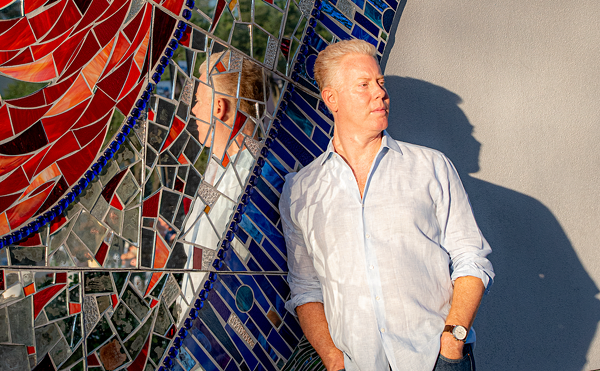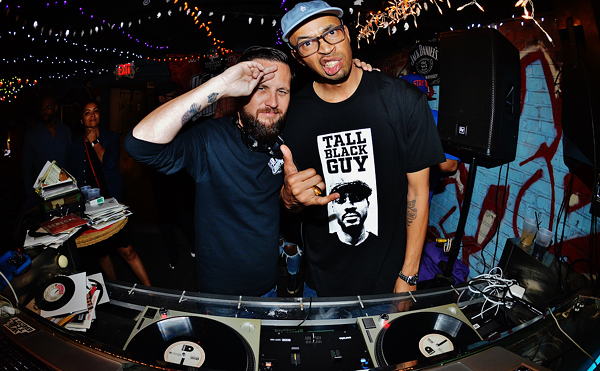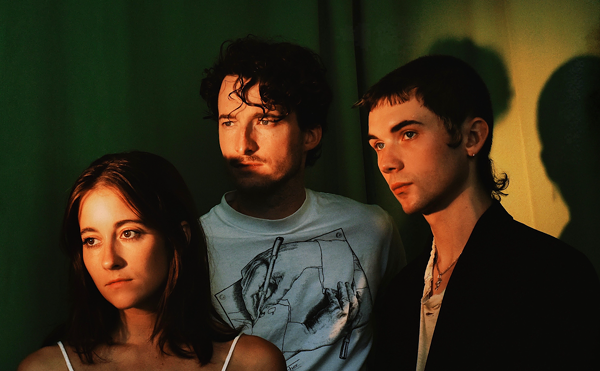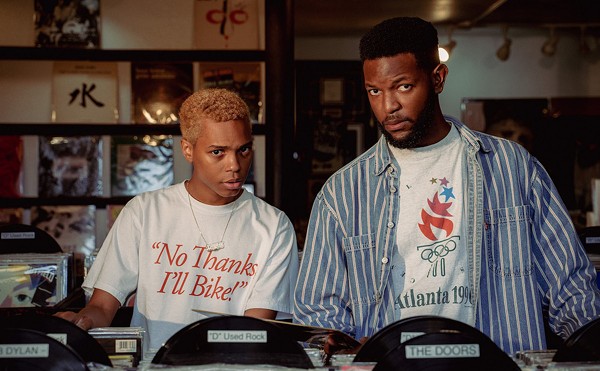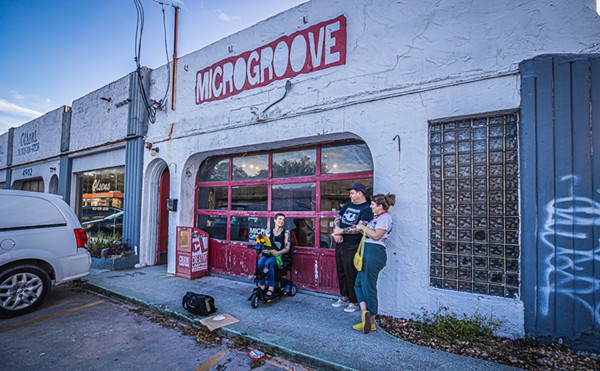"When you stick a song on a tape, you set it free." — Rob Sheffield
The “cloud” may very well be where all music is stored in the not-too-distant future, and vinyl might be the format that never dies, but the cassette tape is making an unanticipated comeback. Or is it?
The cassette — or more specifically, the compact cassette — had many uses during its heyday, roughly the early 1970s to the early ’90s. Lauded primarily as the initial medium for bootlegging (some people placed their cassette recorders directly in front of the radio speakers before radios came with built-in tape decks), the format also found uses in computing and data storage, and even video.
Most people celebrated the demise of the cassette, citing tape hiss, the tendency of the actual tape to melt, warp (or worse, snap), or the clunky mechanics of the motor needed to drive the takeup reel. To make matters worse, a second motor was added in later years, doubling the clunk factor.
The word “cassette” is even hard to type. I mean, two S’s and two T’s? What is that, French or something?
The 1980s boom in consumer-facing cassette culture has much to do with the fact that musicians and recording artists were, until that point, unable to record at home without investing in expensive reel-to-reel studio equipment. But now, armed with a 4-track tape recorder (which used store-bought cassettes!), they could record at home, quickly and cheaply, and if they didn’t like a certain track, they could tape over it. It was a revolution at the time, and should have prepared the music industry for the eventual appearance of home-recording software and file sharing (but it didn’t, and that’s another story).
Eventually, the tape gave way to the compact disc, the praises of which I will not sing here (or anywhere). But we all bought them. What choice did we have? The CD gave way to MP3s. Why own the plastic disc the information is stored on when you can just have the actual data? A rather cold and un-romantic way to think about music, but now, even “owning” or “having” the file seems cute (at best) and obsessive (at worst) in an era where you can stream any song you like on the Internet at anytime using services like MOG, Grooveshark, Last.fm and others.
So, why in the world would the cassette tape ever make a comeback? If you ask some people, it never went away.







